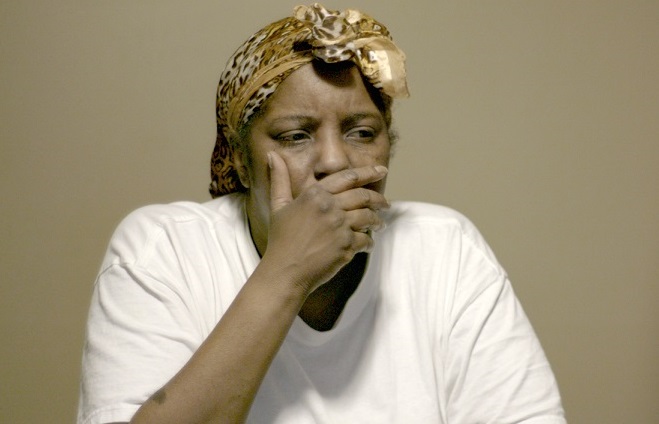BY: Signe Skov Thomsen, Producer Assistant at the Good Company Pictures.
Would you confess to a crime you didn’t commit?
In the Closed Room is a documentary, currently in production with an anticipated completion date at the start of 2018, which is dedicated to the vital subject of false confessions. It is intended to raise awareness of the perpetual injustice caused by false confessions, to generate a vibrant debate that can ignite and lead to change, and to contribute to the much needed fight for a more transparent and just interrogation process.
For over two years Emmy-nominated director Katrine Philp has been following the defense attorney, Jane Fisher-Byrialsen (Korey Wise’s lawyer from the Central Park Jogger Case), as she fights to exonerate the wrongfully convicted and to raise awareness of the coercive and manipulative techniques that are being used during police interrogations.
The coerced confession of Brendan Dassey documented in the Netflix series Making a Murderer outraged the viewers. But, Dassey’s case is far from unique. According to the Innocence Project, 25% of overturned cases involve some kind of a false confession. Through three of defense attorney Jane Fisher-Byrialsen’s cases this documentary focuses on and uncovers the widespread phenomenon of false confessions.
 Why do so many people admit to horrible crimes they did not commit? Why don’t they maintain their innocence? Those who broke under the pressure during interrogation shared that trained interrogators can get anybody to confess to anything – and often people get convicted with no other evidence than their own false confession.
Why do so many people admit to horrible crimes they did not commit? Why don’t they maintain their innocence? Those who broke under the pressure during interrogation shared that trained interrogators can get anybody to confess to anything – and often people get convicted with no other evidence than their own false confession.
As Jane Fisher-Byrialsen shared,
Although I believe that lawyers can do amazing things when they are willing to fight for their clients, I don’t always think that it is enough to make the larger changes that we need in society. Therefore I agreed to participate in this documentary in the hopes that it would raise awareness around the problem of false confession.
Similarly, as Dean Strang of Making a Murderer shared,
This important new documentary will help to spread understanding of the very real phenomenon of false confessions and help us to understand why they happen and what we can do about them.
The creators of the documentary kindly ask anyone who believes in this project and in the importance of bringing the issue of false confessions to the forefront of our criminal justice discussion, to please support the making of the documentary as every small or large amount makes a difference.

